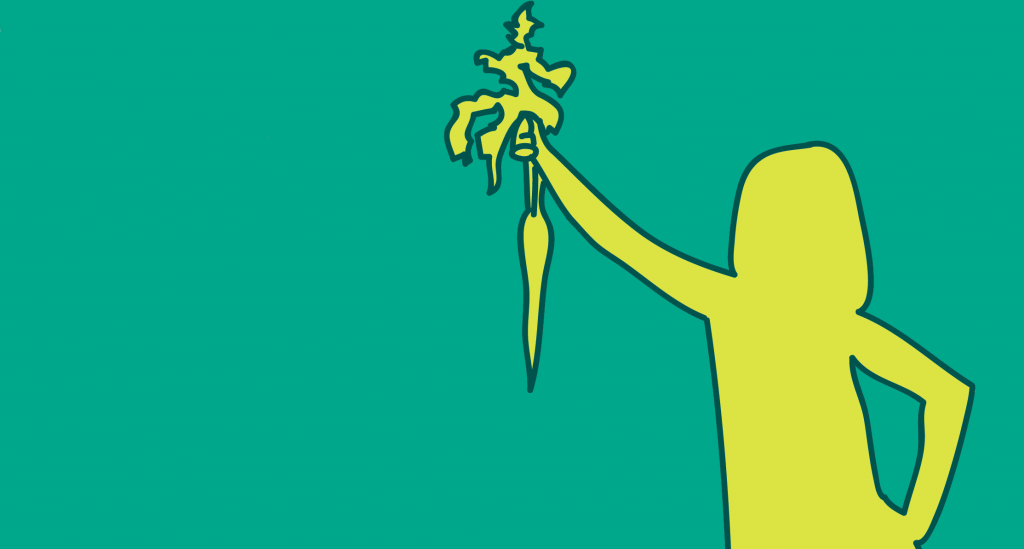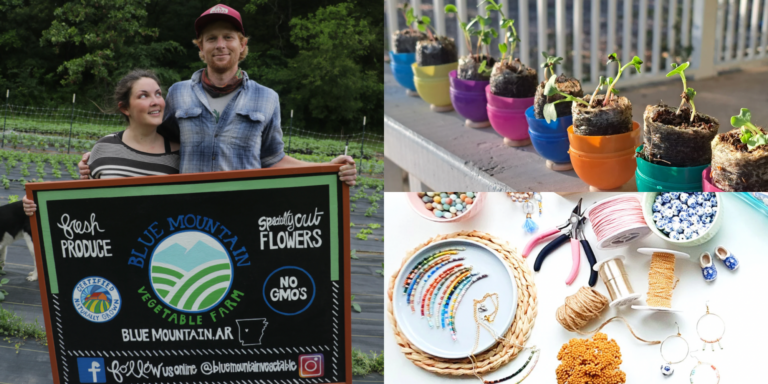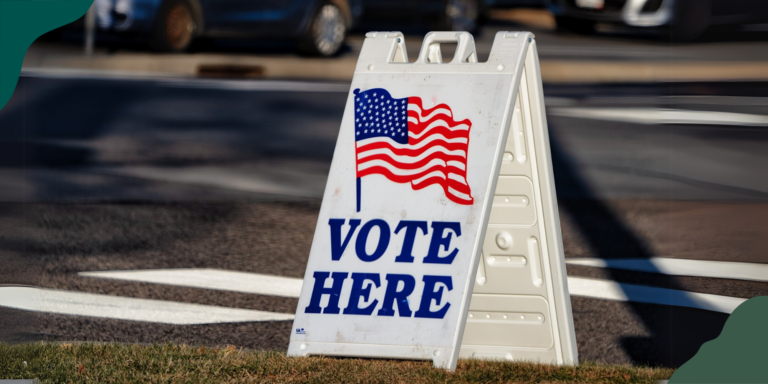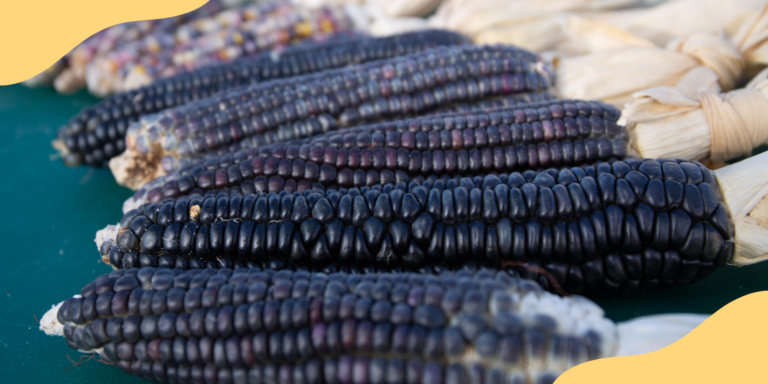Food Justice is Social Justice: An Intersectional Approach to Farm to School
How does feminism connect to FoodCorps and farm to school?
How does feminism connect to FoodCorps and farm to school?

In the spirit of March being Women’s History Month, it seems particularly appropriate to acknowledge the parallel between the treatment of women – especially those identifying as women of color, poor, LGBTQIA, immigrant, disabled, and/or refugee – and our mother earth. Some might question how feminism connects to FoodCorps and farm to school. I would urge any skeptics to explore the interconnected nature of all systems, especially the food system. Rather than throwing statistics and analysis of how race, class, gender, and geography play into the food system, I am going to let a story from my FoodCorps service — along with some thoughtfully selected words from women working in food, agriculture, and activism — do the talking.
“If you want to create an unjust and unsustainable world you will attack the environment and abuse women, girls and LGBTQI communities. This is a rather dystopian view of the world, to divorce the people from the planet. I believe the only way for humans to flourish as equals across gender is to work with the planet and taking care of the health and well-being of both.”
— Anika Rahman (CEO of Ms. Foundation for Women)
I served with FoodCorps in rural Iowa for two incredibly magical years. During my service, I watched picky kindergartners blossom into first graders eager to try new things. As the students grew, so did – quite literally – the school garden. My service years were ripe with adorable pictures of tiny hands planting even tinier seeds and an endless number of adorable stories of little people learning how to grow up healthy. I mean, pictures of toothless kids holding up freshly picked root vegetables as if they were a birthday present are hard to beat. At times it was easy to lean into the comfort of those very warm and fuzzy and cute moments. Those cute moments were real, but they only tell a part of the story; and it is imperative that we honor the whole story.
“I live in a community where I can get a semi-automatic weapon quicker than I can get a tomato. Now a lot of people have tried to make this statement cute, they say that you can get ketchup quicker than you can get a tomato. I want us to really appreciate the public health message that I’m trying to get across here. And it’s that the public health issue of violence is connected to the public health issue of chronic diet-related diseases.“
— LaDonna Redmond (food justice advocate)
Some of those painfully cute, toothless children lost in the excitement of freshly picked carrots only ate when they were at school. I remember meeting with the elementary school counselor during my very first week of FoodCorps. She asked if it would be OK to chat over a trip to the local Goodwill. She explained that a student had been evicted from their home in the middle of the night. In the chaos of the eviction, this child forgot their shoes, and thus had come to school barefoot. This was my first glimpse into rural poverty.
“When you talk about food, you’re talking about agriculture – you’re also talking about security. Whether it’s food security or national security. You’re also talking about poverty. You’re also talking about health. You’re also talking about racism and power. That’s the intersection of food and agriculture.”
— Pakou Hang (Hmong American Farmers Association)
A part of my FoodCorps story is rooted in cute kids with crunchy carrots; and another, equally important part of that same story is that the health of those kids, just like the health of our country, must be firmly rooted in justice to thrive. Food justice IS social justice. If you are a champion for the environment or racial equity or women’s rights or economic justice, then your success is directly linked to the work of food justice advocates and vice versa. It’s important that this intersectional perspective of farm to school not get lost amid the wave of cute pictures and stories. Justice for our mother earth and all people – of all genders – should be at the very center of it all. One more time: Food justice IS social justice.
Now it is time to breathe. But soon it will be time to push; soon it will be time to fight — for those we love — Muslim father, Sikh son, trans daughter, Indigenous brother, immigrant sister, white worker, the poor and forgotten, and the ones who cast their vote out of resentment and fear.
Let us make an oath to fight for the soul of America — “The land that never has been yet— And yet must be” (Langston Hughes) — with Revolutionary Love and relentless optimism.
— Valarie Kaur (excerpt from A Sikh Prayer for America)
This post was written by FoodCorps alumna Molly Schintler in 2017 and updated in 2023.

9 Thoughtful Holiday Gifts Made by FoodCorps Alumni

The Policy Brief, Fall 2024: After the Election

Food as Medicine: Teaching Indigenous Foodways